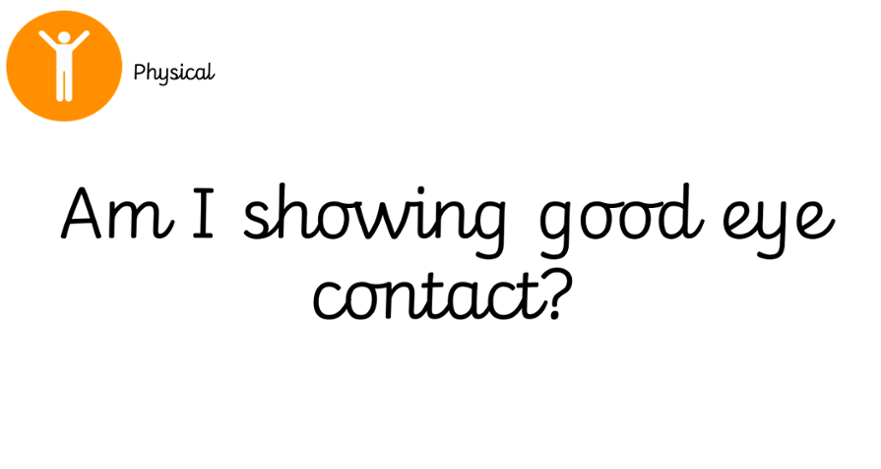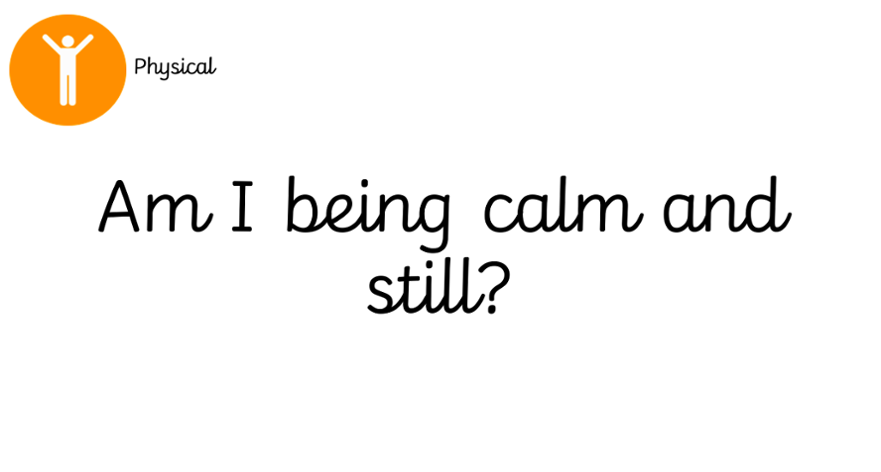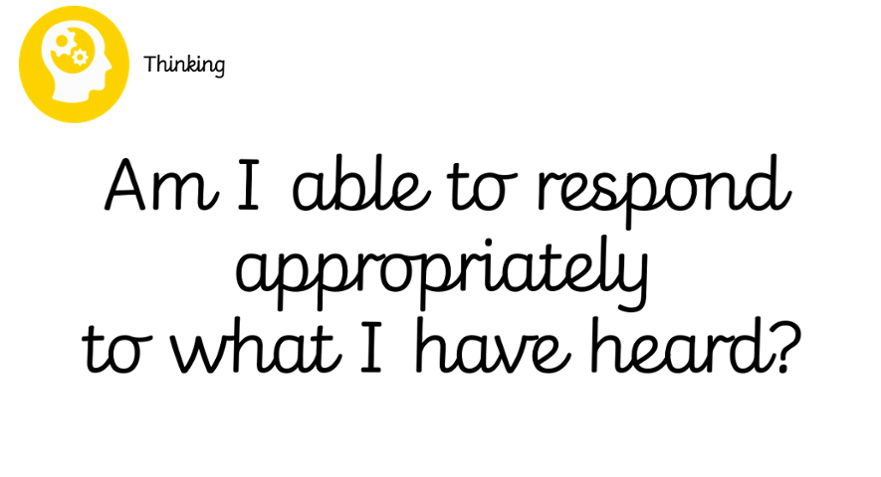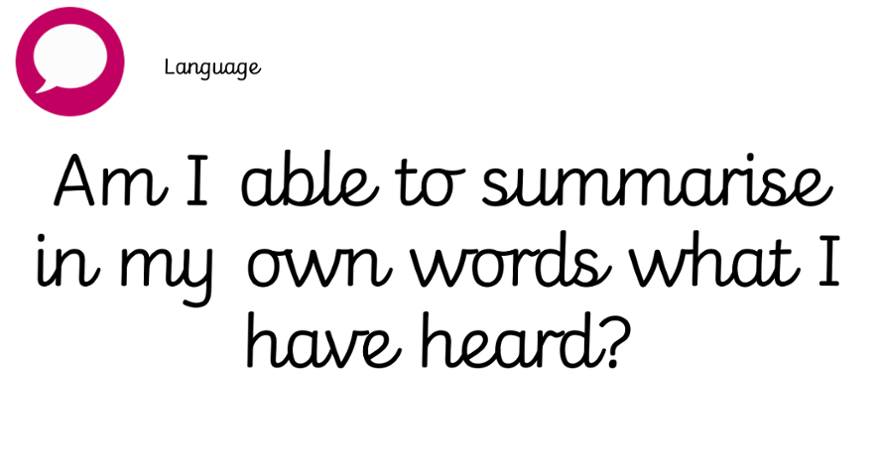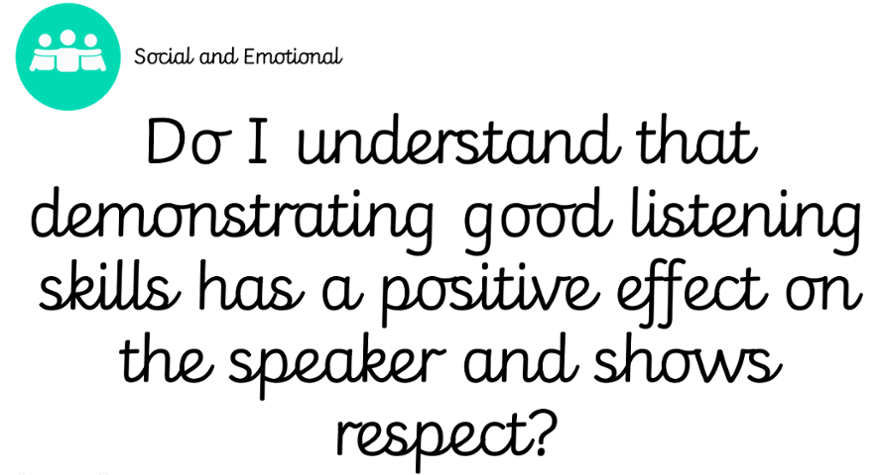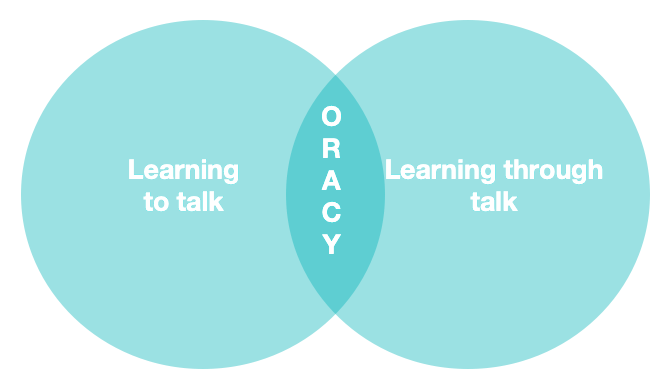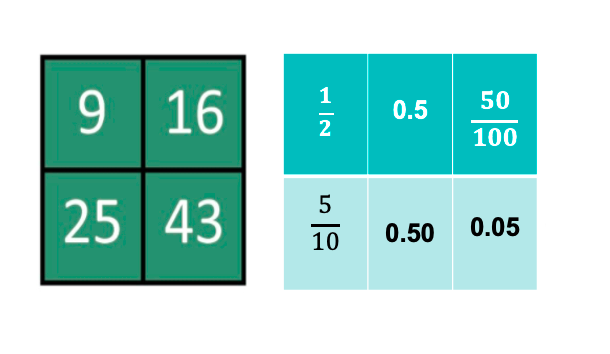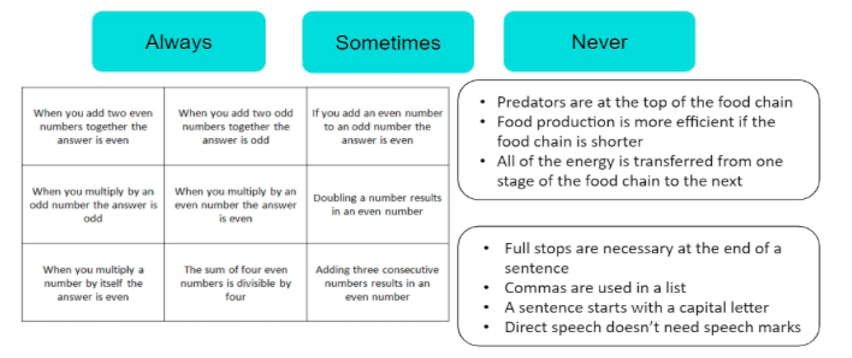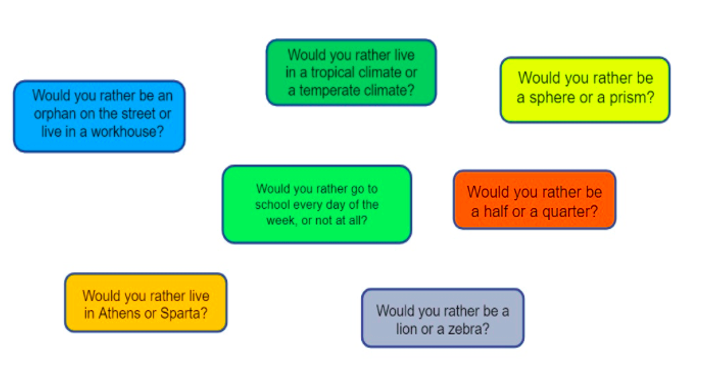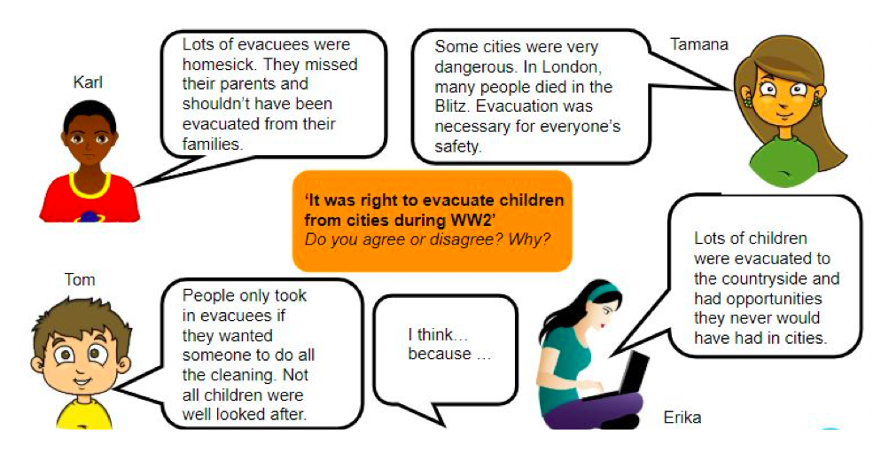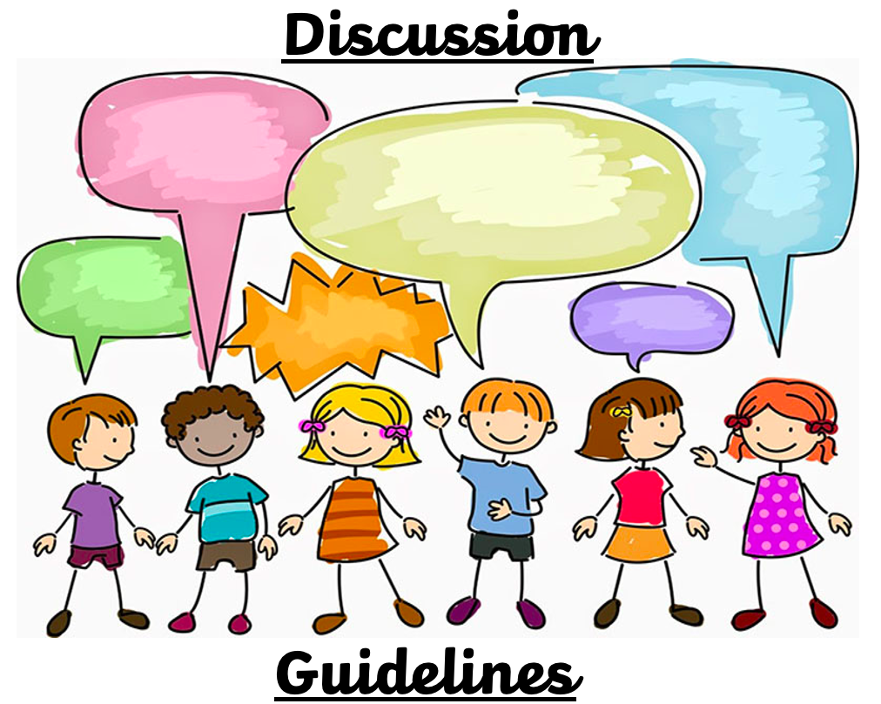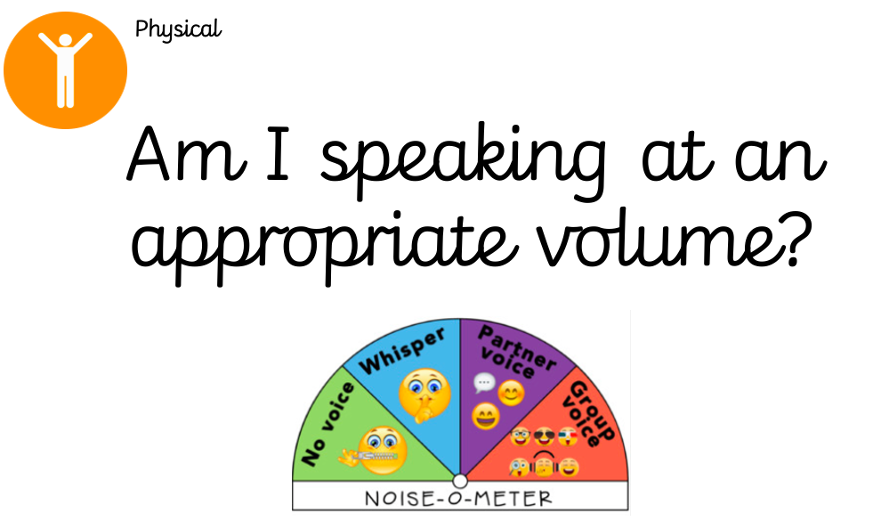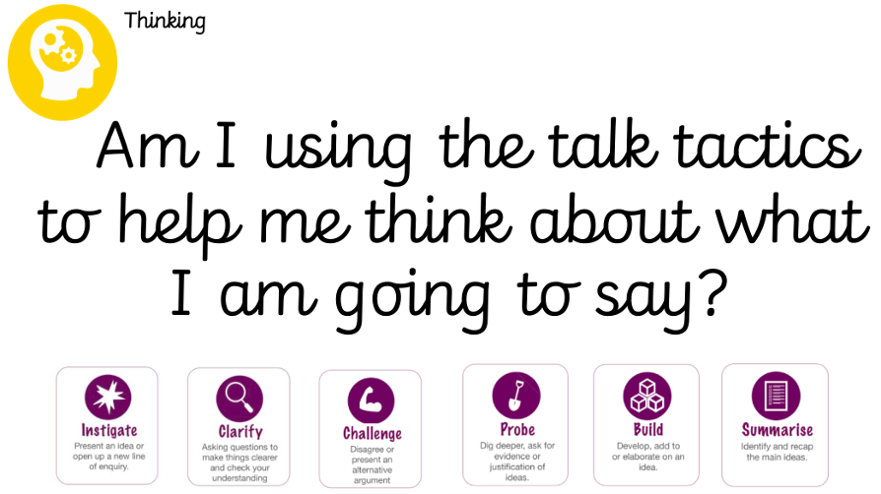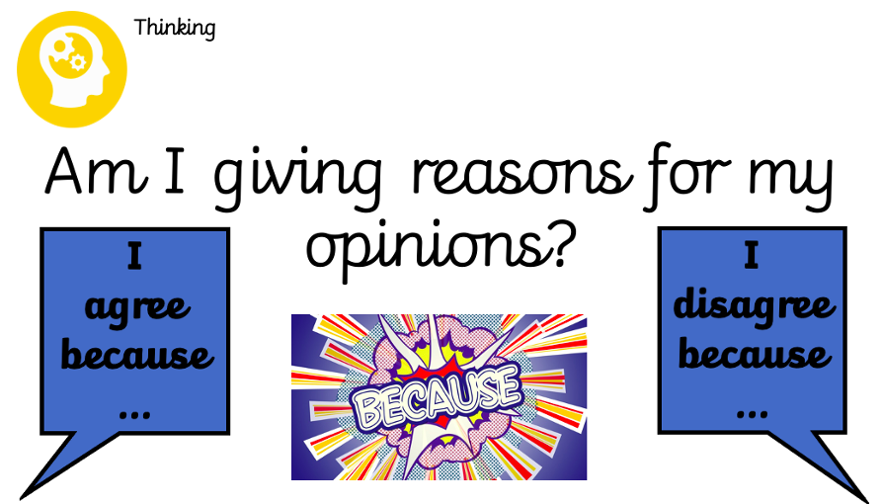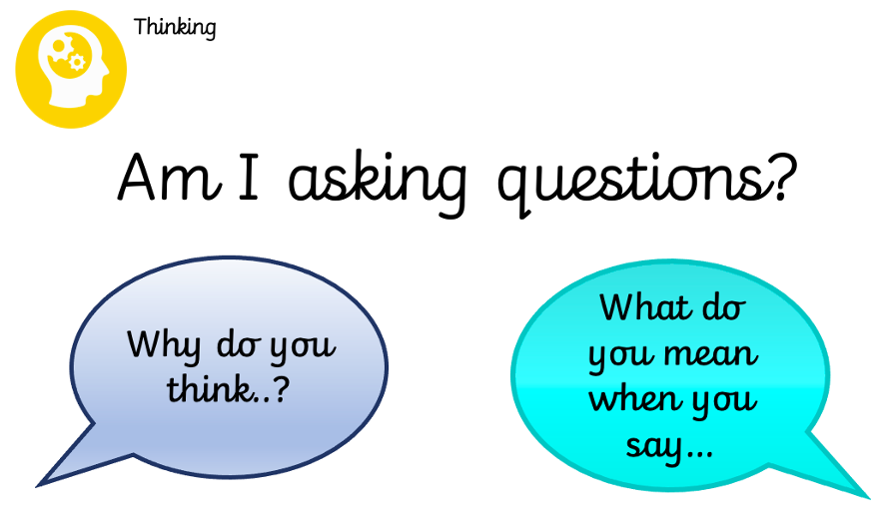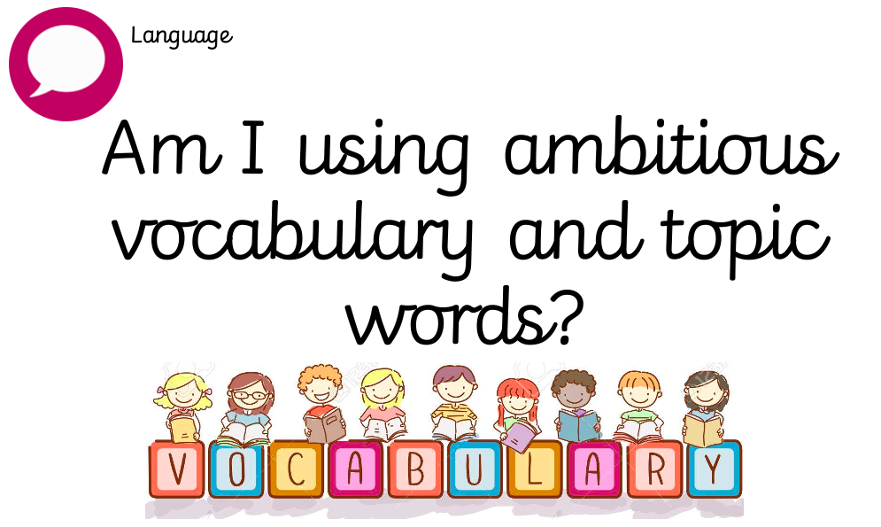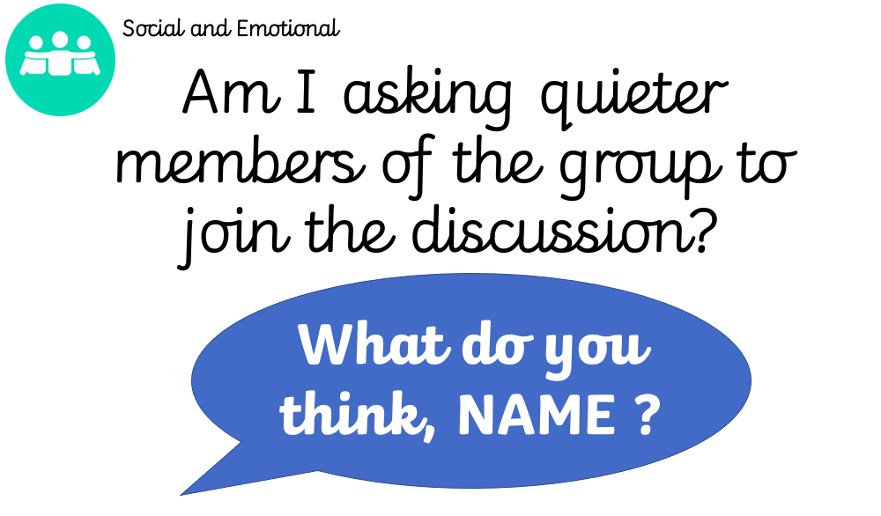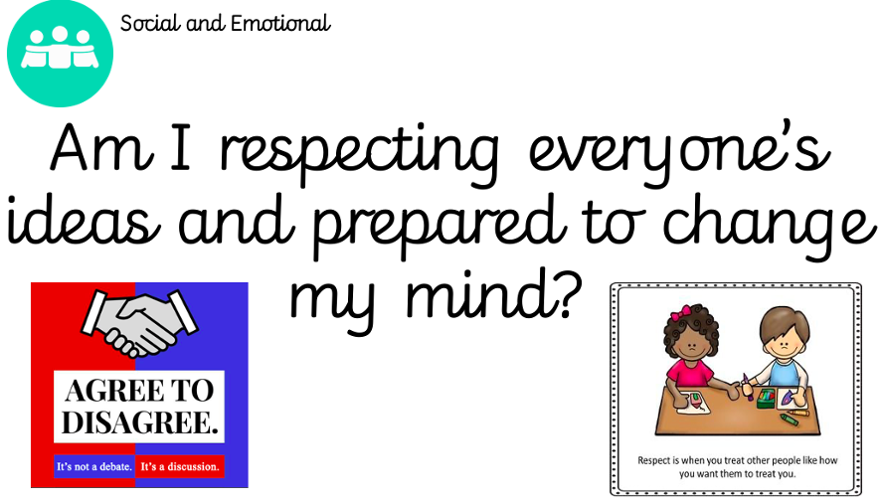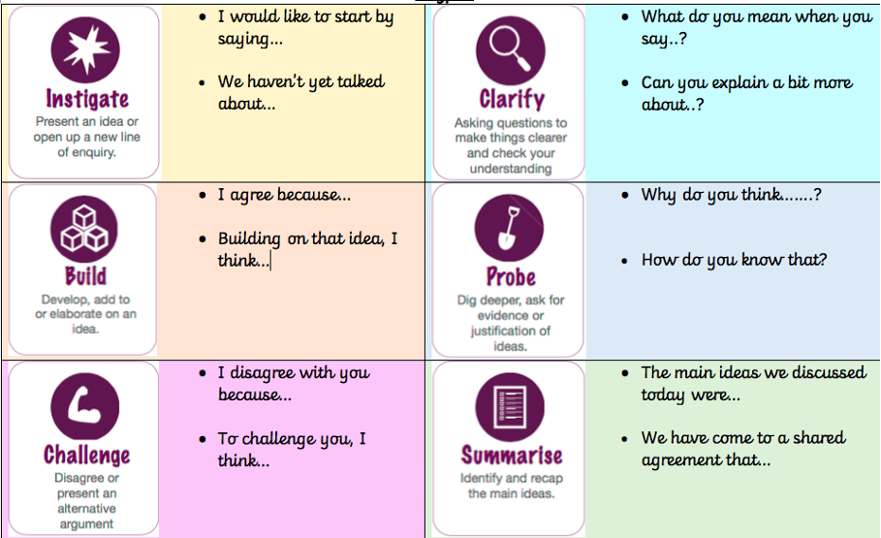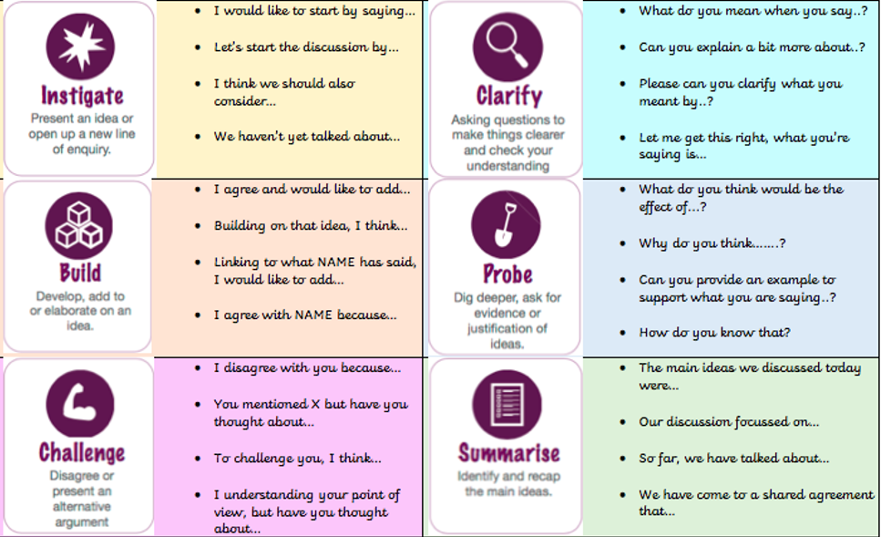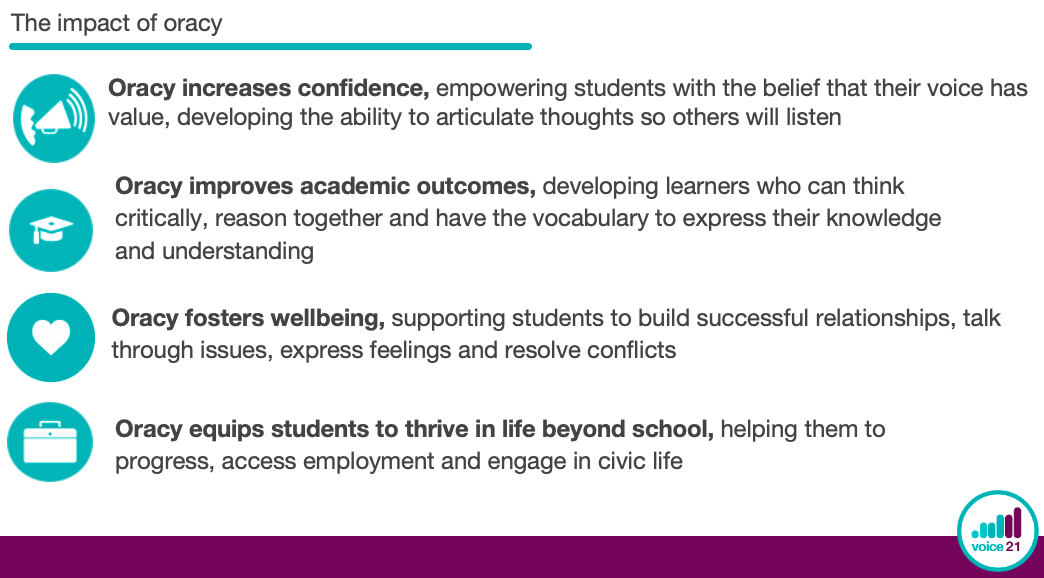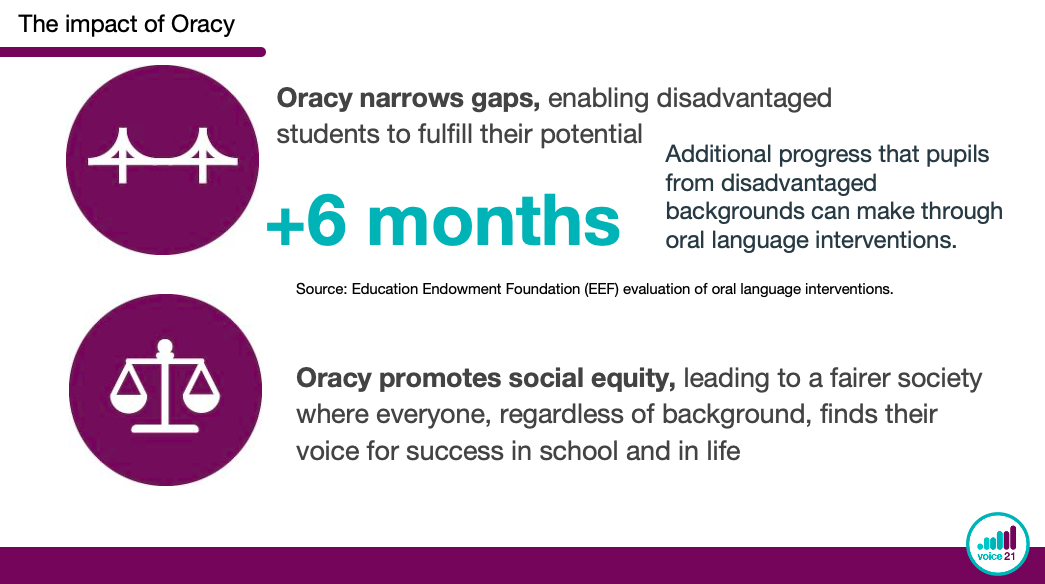Oracy
How are oracy skills taught
at Lydbrook Primary School?
Intent
Having worked alongside Voice 21, we have made a commitment to transform oracy teaching and learning across our school, enabling all children to access and benefit from a high-quality oracy education. Our aim is to develop and encourage fluent speakers, giving children the opportunities to express themselves through a wide range of contexts. We encourage children to speak with confidence and clarity while recognising the importance of listening and collaborating with others.
At Lydbrook Primary School, we have designed a curriculum that is both relevant and engaging for our pupils. We implement the National Curriculum within exciting and memorable learning themes which are driven by key skills which we feel are relevant to the learning needs of our children and that will benefit them as they move on through education and into the world of work. One of our key drivers is language; we aim to improve the level of oracy skills for all of our children allowing them to articulate their thoughts and feelings confidently and realise their full potential. We teach a range of skills that will enable children to develop their speaking which will help support them in all areas of their learning.
In every classroom we strive to ensure that:
- There are high expectations for oracy
- Every voice is valued
- Oracy is harnessed to elevate learning
- Oracy skills are explicitly taught
Implementation
At Lydbrook School, Every Voice is Valued
At Lydbrook, all teaching staff support children to participate in and benefit from oracy in the classroom. We listen meaningfully to children, encouraging them to develop their ideas further and nurture a culture in which all children do the same.
How is every voice valued at Lydbrook?
Learning Partners and Name sticks
We understand that pupil talk is central to active learning. Each week in Magpies, Jays and Hawks children are randomly assigned a new learning partner to sit next to; this ensures that children work with a wide range of their peers as the year progresses which we believe is an important life skill. We believe that it also helps children to value the contributions of their peers and the importance of learning from each other.
Frequent opportunities are sought in the classroom for children to discuss new ideas and concepts with their learning partner before contributing to whole class discussions. We use 'name sticks' to randomly select children to contribute thus fostering a culture where every child has a fair and equal opportunity to share their thoughts with the class.
Listening Guidelines
One of the most important ways that we ensure every voice in the classroom is valued is to ensure that children are supported and taught how to listen in a meaningful way. In Magpies, Jays and Hawks, listening guidelines linked to the physical, linguistic (language), cognitive (thinking) and social emotional strands from Voice 21 are regularly referred to and displayed to support children in being effective listeners.
At Lydbrook School, Oracy is Harnessed to Elevate Learning
In the classroom setting, oracy is both learning to and through talk. It is through talk that children have the opportunity to develop and share their understanding. To do this effectively, children must also be taught to talk effectively, ensuring they have the necessary skills and understanding to engage in talk for learning.
The Venn diagram below captures the interrelationship between learning to and through talk.
At Lydbrook, we understand that the best oracy teaching and learning takes place at the centre of this Venn when pupils have opportunities to develop their knowledge and understanding through talk, and when they are also taught the skills to do this effectively.
Talk Tasks
Supported by Voice 21, teachers plan for a range of 'Talk Tasks' across the curriculum to support children's learning.
The purpose for talk could be:
- To assess understanding
- To identify misconceptions
- To apply knowledge in a new context
- To practice new vocabulary
Examples of Talk Tasks can be found below (click to enlarge images):
At Lydbrook School, Oracy skills are explicitly taught
At Lydbrook, we understand that when carefully planned and executed, discussion is a powerful tool for learning.
How do we teach oracy skills to enable children to meaningfully contribute to discussions?
Discussion Guidelines:
In Magpies, Jays and Hawks the following discussion guidelines linked to the physical, linguistic (language), cognitive (thinking) and social emotional strands from Voice 21 are displayed and referred to:
Explicitly Teaching Oracy: Talk Tactics
During a discussion, children are actively involved in the development of their own knowledge and must constantly re-evaluate their position in relation to others. At Lydbrook, we understand that contributing meaningfully to discussions is a complex skill and one that needs to be explicitly taught.
We have adapted 'Talk Tactics' from Voice 21 to support and scaffold our children to contribute meaningfully to discussions.
In Owls Class (Reception and Year 1) children are introduced to the concept of agreeing and disagreeing with their peers using 'because' to support their reasoning.
- I agree because ...
- I disagree because ...
In Magpies, Jays and Hawks, children are taught how to use a range of talk tactics to enable them to:
- Build (develop, add or elaborate on an idea)
- Challenge (Politely disagree or present an alternative argument)
- Instigate (Present a new idea or open up a new line of enquiry into the discussion)
- Clarify (Ask questions to make things clearer and to check understanding)
- Probe (Dig deeper and ask for evidence or justification of ideas)
- Summarise (Identify and recap the main ideas discussed)
The progressive Talk Tactics can be found below (click images to enlarge):
Presentational Skills
At Lydbrook, we believe that the ability to present in front of larger audiences is a key life skill. Each class, at the end of their learning themes, presents their learning to their parents as well as the staff and children in school. As well as consolidating their learning from the theme, we believe that this builds children’s confidence in speaking to larger audiences.
Our older children who are given key roles of responsibility including School Council Members, Wellbeing Ambassadors and Sport Leaders are also given regular opportunities to present during assemblies. Our School Council Members from Years 5 and 6 have also been given opportunities to present to audiences outside of school including to the Local History Society.
In Upper Key Stage 2, children have begun to plan, write and present their own speeches linked to their creative learning themes to present to the rest of the class. Through this process, children are exposed to inspirational examples of young people presenting speeches and how these relate to the physical, linguistic, cognitive and social emotional strands from Voice 21.
Impact
With oracy as a key driver to our curriculum, children are able to express themselves in a variety of contexts and can share their ideas; listen to those of others; build on ideas; challenge others respectfully and are willing to change their viewpoint.
We believe that oracy skills are crucial to children's success in school and in their life beyond. We aim for all of our children to have proficient oracy skills and be able to use language to communicate confidently, fluently and articulately.

